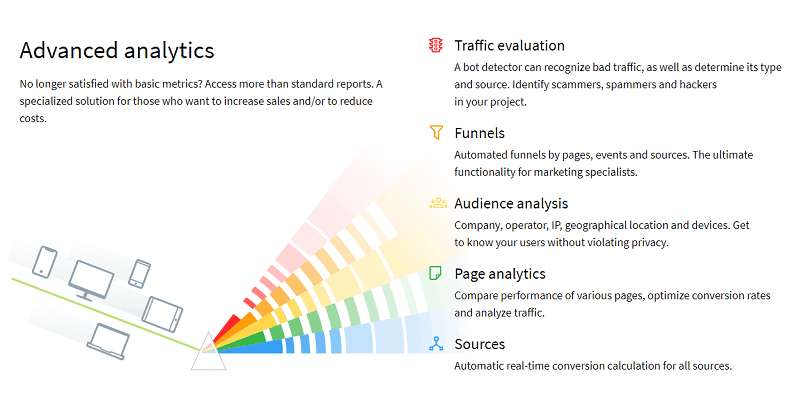You work hard. You’re responsible (mostly). You’re not out here making wild, reckless purchases. So why does it still feel like your money is vanishing into thin air?
Traditional finance advice barely scratches the surface. Budget more. Cut lattes. Use cash envelopes. Sure—it’s functional. But it’s not transformational. If you’re tired of feeling broke, it’s time to change the way you think about money, not just the way you spend it.
Here’s the low-key, under-the-radar money advice no one’s giving you—but you need to hear it.

Credit: frimufilms Via Freepik
Table of Contents
Stop Working Harder. Start Building Leverage
Hustling isn’t a financial plan—it’s a burnout strategy that can often impact mental health. The truth is, there’s a ceiling on how much you can work, but no ceiling on how much leverage you can build.
Leverage means earning without constantly trading time for money. Think digital products, affiliate marketing, content creation, or scalable services. It’s building something once that pays you repeatedly.
Start by asking yourself: “If I stopped working tomorrow, how long would my income survive?” If the answer is “not at all,” you need to build a better safety net—and that begins with leverage, not labor.
Your Spending Habits Are Emotional, Not Logical
Money isn’t just math—it’s mood. That impulse buy wasn’t about the shoes; it was about validation, boredom, or stress. And until you figure out the emotional triggers behind your spending, your finances will always feel unstable.
Start tracking your spending, not to feel guilty—but to observe. What are your patterns? Where do you self-soothe with spending? Awareness is power, and understanding your money mindset is step one to rewriting it.
Make “Boring Money” Your New Aesthetic
If you want stability, you need structure—and that starts with automating the unsexy stuff. Emergency funds. Auto-transfers to savings. Low-cost index fund investments. Recurring payments that don’t leave you scrambling at the end of the month.
You don’t need more complexity—you need systems. The people who look rich are often just spending. The people who stay rich? They play the long game. And it’s way more boring than Instagram makes it look.
Get Familiar With the Tools Wealthy People Actually Use
Most people think wealth comes from income. But truly financially free people understand how to use financial tools to their advantage. One of the most underutilized strategies? Credit—not for consumption, but for strategy.
There are types of lines of credit designed specifically to give you financial breathing room, grow your business, or consolidate high-interest debt intelligently. The key is understanding which options serve your goals—and using them as stepping stones, not escape routes.
Debt isn’t evil. Misused debt is. Learn the difference and learn how to use it like the wealthy do: to build, not to survive.
Your Social Circle Affects Your Bank Balance
Financial self-sabotage isn’t always internal—sometimes, it’s social. If your environment normalizes overspending, lifestyle inflation, and financial FOMO, your budget doesn’t stand a chance.
You don’t need to ditch your friends, but you do need to protect your boundaries. Learn how to say, “That’s not in my budget this month,” without apology. And start connecting with people who talk about investing, side hustles, and building—not just spending.
Money is contagious. Choose your financial energy wisely.
Stop Waiting to “Make More” Before Acting Like You’re Wealthy
If you can’t manage $1,000, you won’t manage $10,000. The habits you have now don’t magically change with more income—they simply scale.
You want to stop feeling broke? Start behaving like someone who isn’t.
That means:
- Spending intentionally.
- Saying no without guilt.
- Creating a structure for your money, even if it’s not a lot right now.
You don’t have to wait for a raise to start building structure. Tools like Smart About Money by NEFE provide free step-by-step plans for building a smart budget and strengthening financial habits—no matter your income level. It’s not about pretending. It’s about practicing the behaviors your future self will thank you for.
One Income Stream Is a Liability, Not a Lifestyle
If your entire financial life depends on a single paycheck, you’re not secure—you’re exposed.
Multiple income streams are no longer optional. They’re survival tactics in a world of layoffs, automation, and economic shifts.
Start small:
- Sell an ebook.
- Offer freelance services.
- Launch a digital product.
- Start an affiliate blog.
The first dollar you earn outside your job? That’s your financial power activating.
Your Most Undervalued Investment? You.
The greatest asset you’ll ever have isn’t Bitcoin or real estate. It’s you.
Invest in your skills. Take courses. Learn about money. Build your brand. Grow your confidence. Every skill you sharpen, every connection you build, every mindset shift you make—it all compounds.
Wealth isn’t a destination. It’s a version of you that’s already in the making.
























